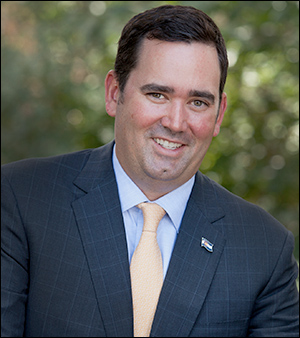By Jim Ellis
April 18, 2018 — Colorado Attorney General Cynthia Coffman (R), the wife of US Rep. Mike Coffman (R-Aurora), launched a campaign for governor in September, but her effort ended over the weekend when she failed to obtain a ballot position at the state convention.
Republican delegates from around the state gathered at the party Assembly to award ballot positioning. To qualify as a primary candidate in the Centennial State, an individual must receive at least 30 percent of the delegates’ votes. Or, one can secure petition signatures from 1,500 registered party members in each of the state’s seven congressional districts.Short of funds at the end of the year when the signature gathering process began, Coffman decided only to access the ballot through convention support. Many candidates choose both avenues, using the signatures as political insurance in case they fall short at the convention. Though the sitting attorney general, Coffman received just six percent delegate support, meaning that she now has no way of participating in the gubernatorial primary. Because her own office is also on the ballot, AG Coffman now has no place to run.
At the other end of the spectrum, state Treasurer Walker Stapleton, a cousin of former President George W. Bush, also began to see his aspirations crumble before the convention but managed to rebound. While attempting to secure ballot access via petition, Stapleton discovered fraudulent signatures among those his contracted consulting firm gathered. He then took the unprecedented step of going to the Secretary of State and asking that all of his signatures be withdrawn. He then quickly entered the convention hoping to secure the 30 percent support factor just two days before the official conclave began.

